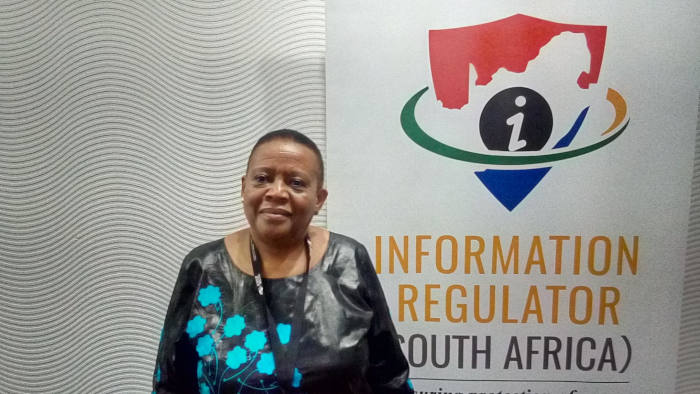-
04 April 2019
Category : Interview
“Access to information has a positive impact on everyone, including vulnerable groups”
We interviewed Pansy Tlakula, the High Commissioner in South Africa for the right of access to information, during the International Conference of Commissioners on Access to Information, in which EUROsociAL+ also participated.
 Pansy Tlakula
Pansy TlakulaHow important is the right of access to public information for human rights and democracy?
Access to information is the key to enjoying other rights. You cannot enjoy social and economic rights without the right of access to information; and, moreover, it is also important for the right to vote. For all these reasons, it is fundamental to the human rights system.
From the historical point of view, what has been the importance of this right for South African citizens?
In this case, it is important to bear in mind the country’s sad history with apartheid and racial segregation. That is why, in 1994, when the people became free, one of the first things done was to make sure that the “culture of secrecy” ended. One of the first laws we adopted after gaining freedom promoted access to information.
Can we highlight any relevant cases relating to public information that have been historically important in South Africa?
I think the most important case in this regard occurred last year. Several civil society organisations had asked the political parties to disclose the source of their funding and, initially, they refused. Then, an organisation called Right2Know took the case to court, which determined that the right of access to information is fundamental to the right to vote. In order for citizens to exercise the right to vote, they must be able to access information about the financing of political parties.
EUROsociAL+, the programme financed by the European Union and managed by FIIAPP, has presented its experience in supporting the Transparency Network in Latin America (RTA) at the conference. In Africa, there is a plan to create a similar network. How do you think the creation of a similar network on the continent would be beneficial?
I think the network is very important and the collaboration between countries in Africa and Latin America is significant because it is South-South cooperation. For example, these past couple of days, when we held our first meeting on establishing the African Network of Information Commissioners, our colleagues from the Latin American network explained how they had established their network.
Let’s talk about gender and the right of access to information: How important is this right for women in South Africa and throughout Africa?
I think it is very important for women throughout the world, for example, if we look at the rights related to reproductive and sexual health; in this case, women and girls cannot benefit from these rights if they do not have enough information. If they knew about it, they would be able to face the specific health challenges that these issues entail.
And some of them can be easily resolved by giving women access to information, so this year, at the International Conference of Commissioners on Access to Information, we gave a presentation on the importance of access to information for vulnerable groups: on how this impacts women and people with disabilities. Personally, I believe that access to information has a positive impact on everyone, including vulnerable groups.
The views and opinions expressed in this blog are the sole responsibility of the person who write them.






